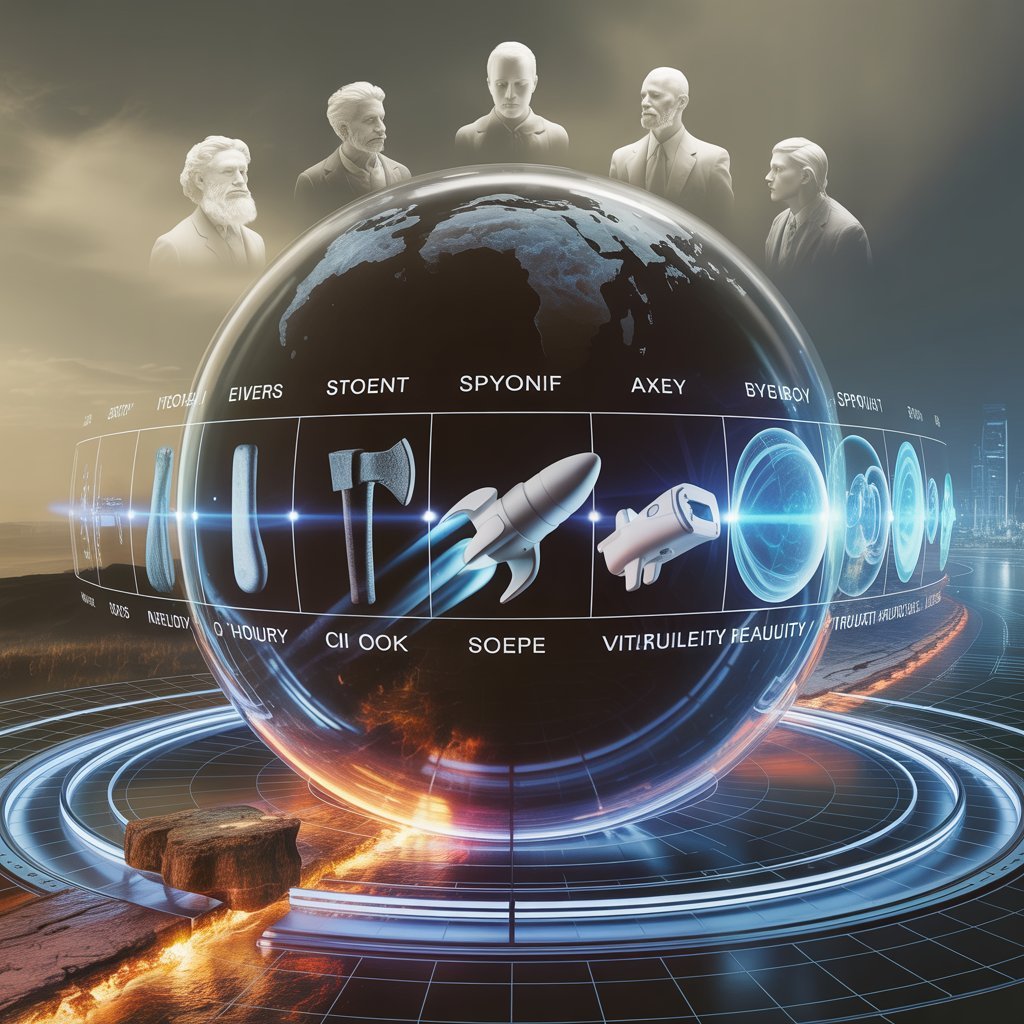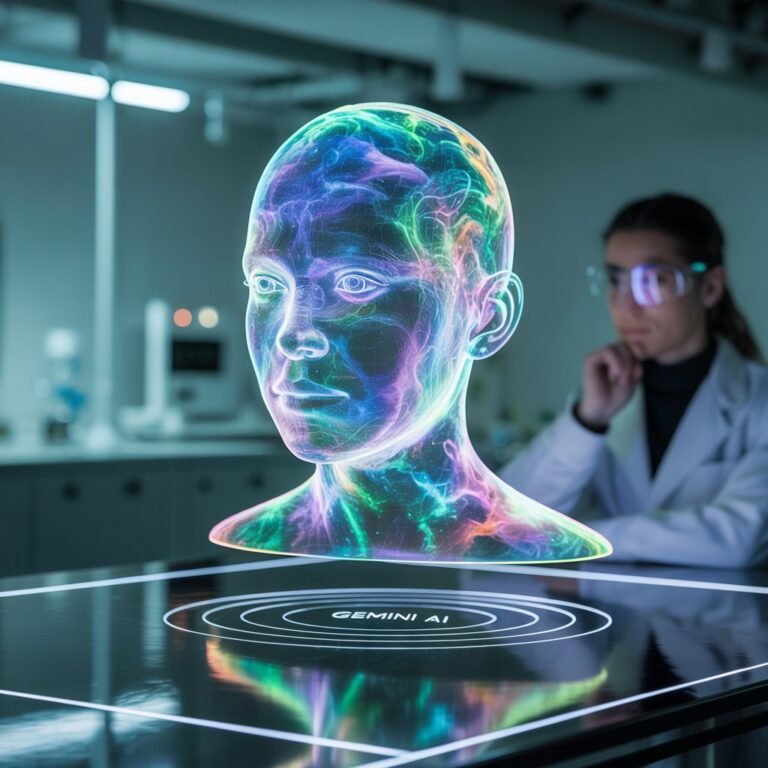The History and Evolution of Technology
Technology has been an essential part of human development, shaping the way we live, work, and interact. Its journey spans from the earliest tools made by prehistoric humans to the complex digital systems we rely on today.
Who Invented Technology
There is no single founder of technology, as it developed gradually through the creativity and problem-solving of early humans. The first known use of technology dates back about 2.5 million years ago, when early human ancestors like Homo habilis in Africa crafted stone tools for cutting and hunting. These simple tools are widely regarded as the beginning of human technology.
As civilization progressed, many brilliant minds across history contributed to major technological advancements. Some key figures include:
- Archimedes (287–212 BCE): Ancient Greek engineer and mathematician, known for inventing machines like the Archimedean screw.
- Leonardo da Vinci (1452–1519): Renaissance thinker who sketched concepts for flying machines, tanks, and mechanical devices.
- James Watt (1736–1819): Improved the steam engine, fueling the Industrial Revolution.
- Thomas Edison (1847–1931): Invented the practical electric light bulb and numerous other devices.
- Nikola Tesla (1856–1943): Pioneered alternating current (AC) and early wireless technologies.
- Alan Turing (1912–1954): Laid the foundation for modern computing and artificial intelligence.
- Tim Berners-Lee (1955– ): Invented the World Wide Web in 1989, transforming global communication and information sharing.
1. Prehistoric and Ancient Times
The origins of technology lie in the Stone Age, when early humans began using natural materials like rocks and sticks to create tools. The control of fire, the invention of the wheel, and the development of agriculture were groundbreaking steps that improved survival and led to the growth of human settlements.
Ancient civilizations such as those in Mesopotamia, Egypt, Greece, and Rome developed early systems of writing, mathematics, construction, and irrigation. These advancements helped build the foundations of modern science and engineering.
2. The Middle Ages
In the medieval era, technology continued to evolve with inventions like the heavy plow, windmills, and mechanical clocks. One of the most transformative inventions of the time was the printing press, created by Johannes Gutenberg around 1440, which revolutionized knowledge sharing by making books widely accessible.
3. The Industrial Revolution
The 18th and 19th centuries brought dramatic technological progress, known as the Industrial Revolution. Machines powered by steam engines and mechanized factories changed manufacturing, transportation, and daily life. Key industries such as textiles, mining, and steel production boomed. The invention and use of railways and steamships drastically reduced travel time and connected distant parts of the world.
4. The 20th Century – The Age of Electricity and Information
The 20th century was defined by rapid change. The spread of electricity powered homes, businesses, and cities. Telephones, radios, cars, and airplanes became part of everyday life. Scientific research accelerated, leading to breakthroughs in medicine, physics, and materials.
Later in the century, the rise of computers revolutionized communication and data processing. The invention of the internet, developed in stages and launched publicly in the 1990s, reshaped society by enabling instant global connectivity.
5. The 21st Century – The Digital and AI Era
Today, we live in a digital world. Smartphones, cloud computing, and social media dominate personal and professional life. Technologies like artificial intelligence, robotics, and blockchain are transforming industries ranging from healthcare to finance.
New areas like quantum computing, biotechnology, renewable energy, and space exploration are expanding the boundaries of what is possible. Innovations continue to emerge at a pace never seen before, making the future of technology both exciting and unpredictable.
Conclusion
From simple stone tools to powerful artificial intelligence, technology has been a constant force of change throughout human history. Though there is no single inventor of technology, countless individuals have contributed to its growth and impact. As technology continues to evolve, it holds immense promise for solving global challenges and improving lives across the planet.







